Best Bone Marrow Transplant Treatment in India
WHAT IS BONE MARROW TRANSPLANT?
Bone marrow transplant or stem cell transplantation is a recommended treatment for individuals with damaged or improperly functioning bone marrow. This medical procedure is primarily used to treat life-threatening blood diseases, including leukemia, lymphoma, and multiple myeloma. It is also a potential treatment option for other blood disorders, such as aplastic anemia, and certain genetic diseases.
Bone marrow, the soft, spongy material inside the bones, produces vital blood components such as red blood cells, white blood cells, and platelets. Red blood cells carry oxygen throughout the body, while white blood cells maintain immune function and fight diseases. Platelets are tiny cells essential for blood clotting and preventing excessive bleeding. In fact, a person cannot survive without bone marrow.
Why Bone Marrow Transplant
Stem cells are found in the bone marrow and umbilical cord blood and are necessary for cell production. People with unhealthy stem cells face various medical conditions and complications like cancers, anemia, bleeding disorders, and bone joint problems. They search for the top bone marrow transplant specialists in India to get the best treatment to improve their physiological functions and processes.
Those with unhealthy stem cells can treat many blood disorders that affect blood cell production with a bone marrow transplant. A bone marrow transplant specialist in India can replace diseased or non-functional stem cells through this medical procedure and create healthy blood cells. An expert in this field can eradicate cancerous cells in the bone marrow and help rebuild the immune system.
Diseases And Conditions With Unhealthy Stem Cells
Having unhealthy bone marrow can lead to numerous health conditions, primarily because bone marrow is crucial for the production of blood cells and immune cells. Here are some health conditions that can arise when bone marrow is unhealthy:
Anemia: An unhealthy bone marrow may not produce enough red blood cells, leading to anemia. Anemia can cause fatigue, weakness, shortness of breath, pale skin, and other symptoms.
Neutropenia: Neutropenia occurs when the bone marrow doesn’t produce enough neutrophils, a type of white blood cell that helps fight infections. This condition can enhance the risk of bacterial infections.
Thrombocytopenia: Sometimes, bone marrow fails to produce adequate platelets, resulting in easy bruising, prolonged bleeding from cuts, nosebleeds, and other complications.
Pancytopenia: This condition involves low levels of all three types of blood cells (red blood cells, white blood cells, and platelets) due to bone marrow dysfunction. It can lead to a combination of symptoms related to anemia, infections, and bleeding disorders.
Myelodysplastic syndromes (MDS): These disorders involve dysfunctional blood stem cells in the bone marrow, leading to inadequate blood cell production, and may progress to acute myeloid leukemia (AML) in some cases.
Bone Marrow Failure Syndromes: Conditions such as aplastic anemia or Fanconi anemia can cause bone marrow failure, where the bone marrow stops producing enough blood cells. It results in similar symptoms to those mentioned above, depending on which types of blood cells are affected.
Increased Susceptibility to Infections: Individuals with unhealthy bone marrow are more susceptible to infections without enough healthy white blood cells, particularly neutrophils. These can range from bacterial infections to viral and fungal infections.
Complications from Blood Transfusions: In some cases of severe bone marrow dysfunction, frequent blood transfusions may be necessary to manage low blood counts. However, this can lead to complications such as iron overload and transfusion reactions.
Impact on Organ Function: Chronic anemia and other blood cell deficiencies can strain the heart and other organs, leading to complications eventually.
Types of Bone Marrow Transplant
An expert surgeon at one of the best hospitals for bone marrow transplants in India can replace damaged or destroyed bone marrow with healthy stem cells in three different ways.
- Autologous Transplantation
- Allogeneic Transplantation
- Syngeneic Transplantation
- Haploidentical Transplantation
The best bone marrow transplant surgeon may suggest a thorough evaluation to assess a patient’s overall health and conduct tests, such as blood tests, imaging studies, cardiac analysis, pulmonary function tests, and others for deciding organ function and disease status. Patients typically undergo a conditioning regimen, which involves high-dose chemotherapy and sometimes total body irradiation before the transplant in order to destroy cancer cells or suppress the immune system and create space in the bone marrow for the donor cells to engraft.
What is the life expectancy after a bone marrow transplant?
The life expectancy after a bone marrow transplant (BMT) can vary widely depending on several factors, including the underlying condition being treated, the type of transplant (autologous or allogeneic), the age and overall health of the patient, the presence of complications, and the success of the transplant. Overall survival rates after bone marrow transplantation have improved significantly over the years due to advances in transplant techniques, supportive care, and better management of complications.
Best Hospitals in India
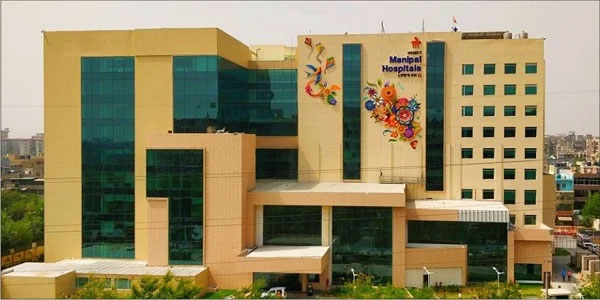
Manipal Hospial Dwarka
View Profile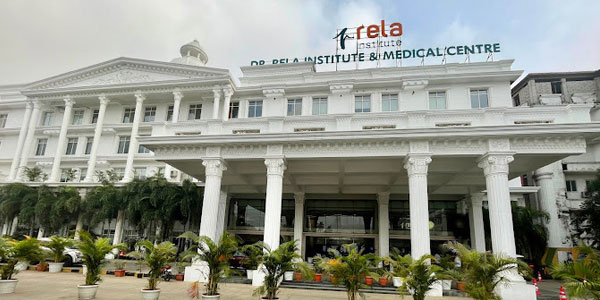
Dr. Rela Institute Medical Centre
View Profile
Jaslok Hospital
View Profile
W Pratiksha Hospital
View Profile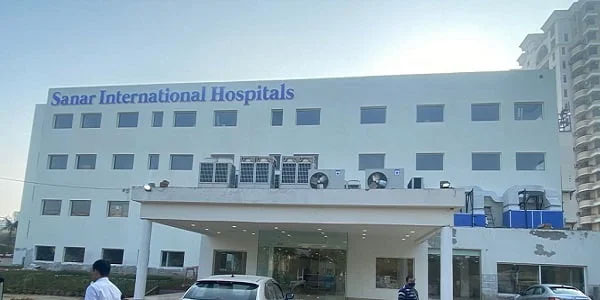
Sanar Hospital
View Profile
Fortis Memorial Research Institute
View Profile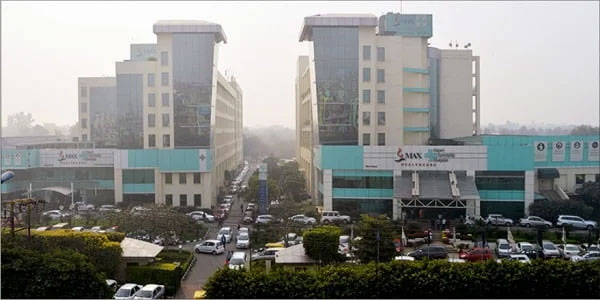
Max Hospital
View Profile
BLK Hospital
View Profile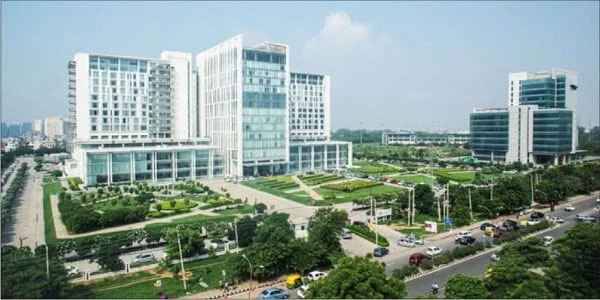
Medanta Hospital
View Profile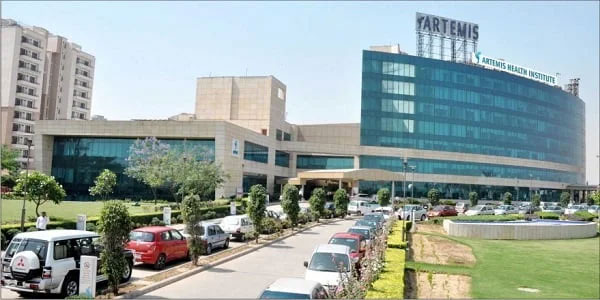
Artemis Hospital
View Profile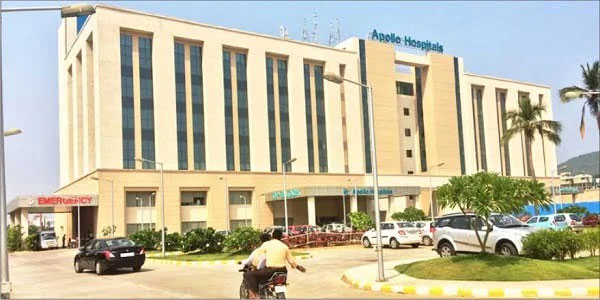
Apollo Hospital
View ProfileProvide Your Details
Our Health Expert will get back to you shortly.
